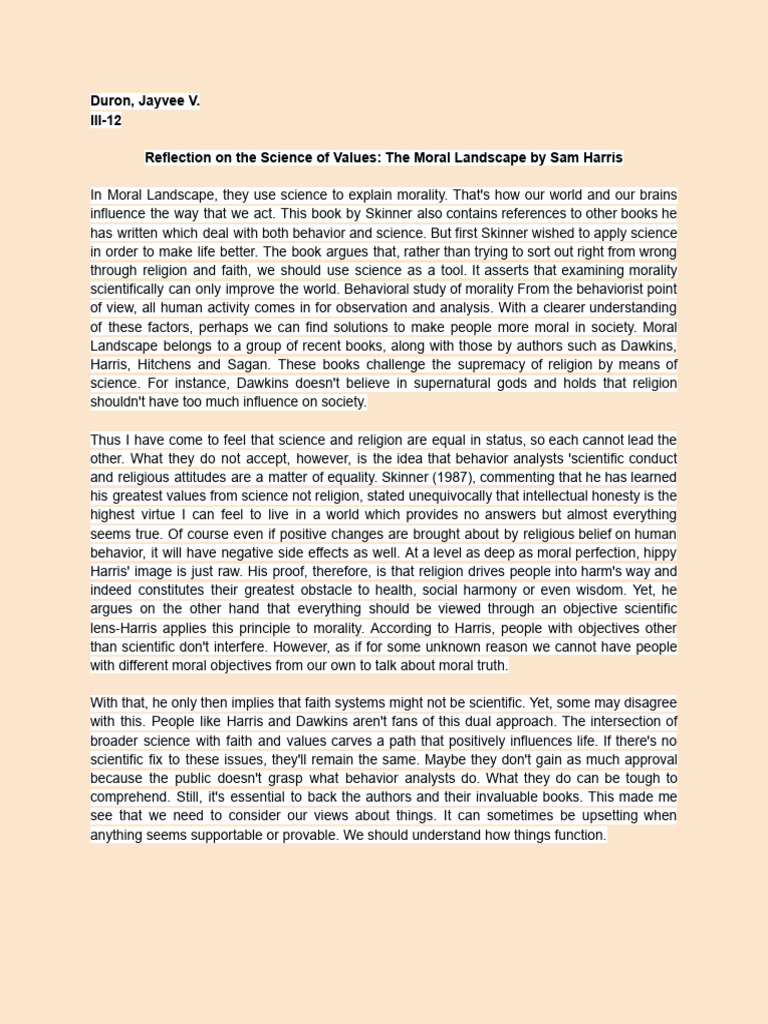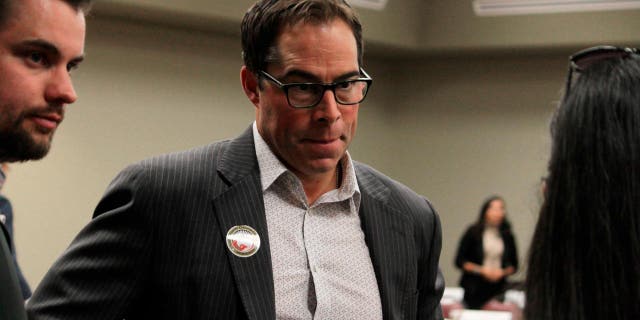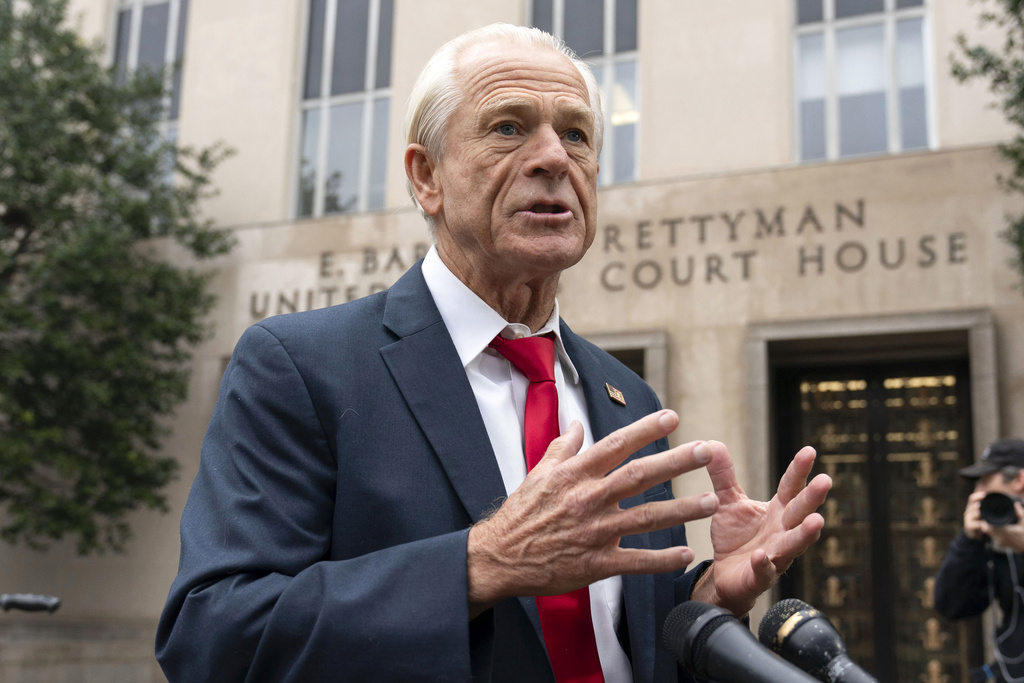Nigeria's Moral Landscape: Lessons From The Kite Runner's Dilemma

Table of Contents
Betrayal and its Consequences in Nigerian Society
The complexities of betrayal, a central theme in The Kite Runner, find stark echoes in Nigeria. Understanding the nuances of betrayal within the Nigerian context requires examining its multifaceted impact on individuals and society.
Family Loyalty vs. Personal Integrity
Nigerian culture often places immense value on family loyalty. This strong emphasis on familial bonds can create profound moral dilemmas when individual integrity clashes with the expectations of family honor.
- Societal Pressures Prioritizing Family Honor: Many cases exist where individuals are pressured to prioritize family reputation over justice, even if it means overlooking wrongdoing or actively participating in unethical actions to protect the family name. This often leads to a culture of silence and impunity.
- Individuals Torn Between Loyalty and Ethical Conduct: The conflict between personal ethical codes and familial obligations can lead to immense internal struggle and moral ambiguity. Individuals might find themselves caught between reporting a crime committed by a family member and maintaining family harmony.
- The Role of Traditional Values: Traditional values, deeply ingrained in Nigerian society, often reinforce the importance of family loyalty. These values, while offering a sense of community and belonging, can also create obstacles to ethical conduct when they are prioritized above justice and truth.
Corruption and the Erosion of Trust
Corruption, a pervasive issue in Nigeria, further complicates the moral landscape. It erodes trust not only in institutions but also in interpersonal relationships.
- Examples of Corruption in Nigerian Society: From petty bribery to large-scale embezzlement, corruption permeates various aspects of Nigerian life, leading to a widespread sense of cynicism and distrust.
- Consequences of Betrayal on a Larger Scale: The systemic nature of corruption contributes to a culture of betrayal that undermines social cohesion and hinders development. When trust is broken at the institutional level, it spills over into personal relationships, further exacerbating the problem.
- Impact of Corruption on Social Cohesion: The lack of accountability and transparency associated with corruption weakens social bonds and creates an environment where individuals are less likely to cooperate or trust one another. Keywords: Nigerian corruption, family loyalty, betrayal in Nigeria, trust, social cohesion.
Redemption and the Path to Forgiveness
The Kite Runner powerfully depicts the arduous journey toward redemption and forgiveness. Exploring these concepts within the Nigerian context reveals the significance of atonement and reconciliation in healing societal wounds.
Seeking Atonement for Past Wrongs
Nigerian culture and religion offer diverse avenues for seeking atonement and forgiveness for past wrongs.
- Traditional Methods of Seeking Forgiveness: Traditional practices, including community-based restorative justice mechanisms and religious rituals, often play a crucial role in fostering reconciliation.
- The Role of Religion in Facilitating Reconciliation: Various religious traditions in Nigeria, including Christianity and Islam, emphasize the importance of forgiveness and repentance. Religious institutions often serve as mediators in conflict resolution.
- Challenges of Obtaining Forgiveness in a Society Marked by Deep-Seated Grievances: However, obtaining forgiveness can be challenging in a society marked by deep-seated grievances, particularly in cases of severe human rights violations or persistent injustices.
The Power of Forgiveness in Healing
Forgiveness is not merely a personal act; it plays a vital role in promoting social harmony and individual well-being.
- Psychological Benefits of Forgiveness: Forgiveness offers significant psychological benefits, reducing stress, anxiety, and resentment, allowing individuals to move forward with their lives.
- The Role of Forgiveness in Conflict Resolution: Forgiveness is a crucial element in conflict resolution, enabling individuals and communities to overcome past hurts and build bridges towards reconciliation.
- Examples of Forgiveness in Nigerian Society: While challenging, there are instances within Nigerian society where acts of forgiveness have led to healing and positive change, demonstrating the transformative power of this act. Keywords: forgiveness in Nigeria, redemption, reconciliation, conflict resolution, social harmony.
Societal Pressures and Moral Ambiguity
Navigating Nigeria's moral landscape involves grappling with societal pressures and inherent moral ambiguities, much like Amir in The Kite Runner.
The Influence of Tribalism and Ethnicity
Tribal and ethnic affiliations significantly influence moral decisions and actions in Nigeria.
- Examples of Conflict Fueled by Tribalism: Nigeria's history is marked by instances of conflict rooted in tribal and ethnic tensions, demonstrating how these affiliations can override individual morality and ethical considerations.
- Limitations of Individual Agency in the Face of Group Pressure: Individuals may find it difficult to defy group norms and expectations, even if those norms are ethically questionable. The pressure to conform can override individual conscience.
- The Role of Cultural Norms in Perpetuating Moral Ambiguities: Deeply ingrained cultural norms and traditions can perpetuate moral ambiguities, making it challenging to establish clear-cut ethical guidelines.
Navigating Conflicting Values in a Modernizing Society
Modernizing Nigeria presents the challenge of balancing traditional values with the demands of a globalized world.
- Examples of Conflicting Values: Rapid modernization often leads to clashes between traditional moral codes and contemporary values, creating moral dilemmas for individuals and society as a whole.
- Impact of Globalization on Traditional Moral Codes: Globalization introduces new ideas and values, often challenging traditional norms and leading to cultural shifts that can impact ethical frameworks.
- The Role of Education and Awareness in Fostering Ethical Decision-Making: Education and awareness play a crucial role in promoting critical thinking and ethical decision-making, equipping individuals to navigate the complex moral challenges of a modernizing society. Keywords: tribalism in Nigeria, ethnicity, moral ambiguity, globalization, traditional values, modern Nigeria.
Conclusion
The Kite Runner provides a powerful lens through which to examine Nigeria's own intricate moral landscape. The novel’s exploration of betrayal, redemption, and societal pressures illuminates the complex ethical challenges faced by individuals navigating a society grappling with modernization, corruption, and deeply ingrained cultural norms. Understanding these challenges is crucial for fostering a more just and equitable future for all Nigerians.
Let's engage in a deeper conversation about Nigeria's moral landscape. By examining difficult moral dilemmas, learning from past mistakes, and promoting forgiveness and reconciliation, we can work towards building a more ethical and compassionate Nigeria. Let's continue the dialogue on fostering a stronger ethical compass within Nigeria's moral landscape. Keywords: Nigerian ethics, moral compass, ethical Nigeria, building a better Nigeria.

Featured Posts
-
 Eurovision 2024 France Louane Devoile Son Titre Pour L Eurovision
May 20, 2025
Eurovision 2024 France Louane Devoile Son Titre Pour L Eurovision
May 20, 2025 -
 Fenerbahce Wil Keihard Optreden Tegen Tadic Na Contact Met Ajax
May 20, 2025
Fenerbahce Wil Keihard Optreden Tegen Tadic Na Contact Met Ajax
May 20, 2025 -
 Analysis Abc Cbs And Nbcs Handling Of The New Mexico Gop Arson Attack Coverage
May 20, 2025
Analysis Abc Cbs And Nbcs Handling Of The New Mexico Gop Arson Attack Coverage
May 20, 2025 -
 Navy Corruption Allegations Four Star Admirals Prosecution And Cultural Implications
May 20, 2025
Navy Corruption Allegations Four Star Admirals Prosecution And Cultural Implications
May 20, 2025 -
 Navy Corruption Case High Ranking Official Convicted
May 20, 2025
Navy Corruption Case High Ranking Official Convicted
May 20, 2025
